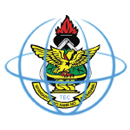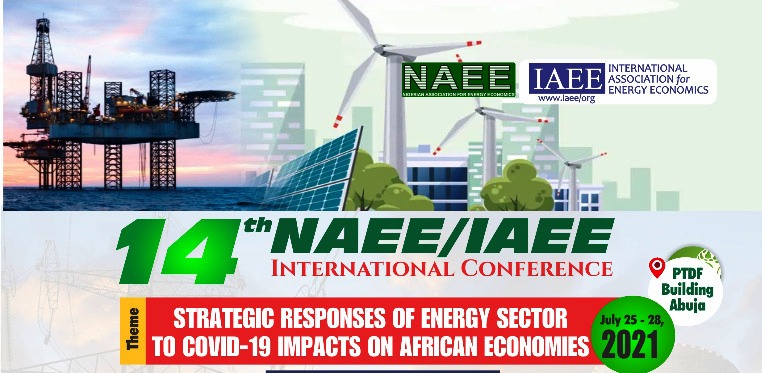The Director of the Brew-Hammond Energy Centre (KNUST) Kumasi, Prof. Francis Kemausuor, was invited by the Nigerian Association for Energy Economics (NAEE), an affiliate of the International Association for Energy Economics (IAEE) to give a presentation at the 14th NAEE Meeting which was held in Abuja, Nigeria under the theme “Sustainable Economic development in Africa: Rising to the challenges of Energy Poverty and Climate Change. Some key personalities present at the event were the chairperson; Ms. Oge Funlola Modie, Senior Special Assistant (SSA) of Strategy, Presidency, Nigeria, Lead Speaker; Ms. Meagan Fallone, CEO of Barefoot College and the Special Guest; His Excellency Ambassador of India to Nigeria.
The Director presented on the topic: Ghanaian Strategies to Achieve SDG 7 by 2030. He was among several other speakers which include Prof. Eli Bala, Director-General/CEO, Energy Commission of Nigeria and Mr. Ahmad Salihijo, Managing Director, Nigerian Rural Electrification Agency among others.
In his presentation he outlined a number of roadmaps and strategies the Ghana government and other private partners are undertaking to achieve energy related Sustainable Development Goals. Some of the highlights in his presentation were that the total energy supply of biomass went up in 2020 resulting in the increase in the consumption of biomass energy.
He also mentioned that, about 85.33 percent of Ghanaians have access to electricity according to the Nation Population Access rate and the electricity consumption per capita is 534 kwh.
Prof. Kemausuor mentioned that, there are ongoing activities and strategies being put in place for Ghana to achieve Universal Electrification by 2030. In his presentation, he touched on Rural Electrification, Promoting Productive Uses and expanding rate of the use of Renewable Energy Technologies. He also revealed the expansion plan for mini-grids which the country is currently exploring.
He emphasized that the government of Ghana has put in measures and strategies for all Ghanaians to get electricity by introducing Self Help Electrification Programme, REMP broad strategies and encouraging the use of cooking fuels.
In conclusion he said that, Ghana is on track to attaining universal electrification by 2030.

